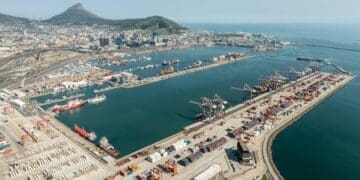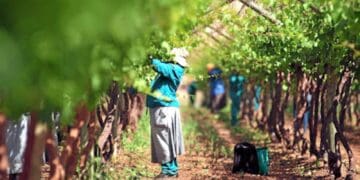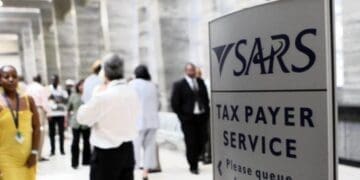The government has made strides in assisting the informal sector to be an effective contributor to the country’s economic growth, according to Small Business Development Minister Khumbudzo Ntshavheni.
In her keynote address during the fifth annual Archbishop Thabo Makgoba Lecture at the University of the Western Cape, which focused on how leadership conceived recovery support to SMMEs during and after the pandemic, Ntshavheni highlighted steps the state had pursued.
She mentioned legislative interventions taken by the department.
“The majority of us are fully aware that the treatment of informal businesses in South Africa differs from one municipality to the other, and some of the municipal by-laws relating to business activity are a serious red tape to the growth of informal and micro-businesses,” the minister said.
She said she had requested President Cyril Ramaphosa to transfer the administration of the Businesses Act 71 of 1991 from the Department of Trade, Industry and Competition to her department. “This piece of legislation regulates how businesses are administered at a local level,” Ntshavheni said.
“It also regulates who can participate legally in the informal sector, and it also prohibits a lot of people, who would participate in that sector, therefore, eking a living for their households and their families, from participating because license fees or permit fees are ridiculous or the occupational health and food safety requirements are too onerous for the ordinary person to participate without assistance from the government.”
Ntshavheni said that the amendment of this legislation would greatly assist informal businesses.
“We decided to amend the Act to ensure that structural reforms and participation are achieved and so that informal businesses can be accounted for at an economic level because currently these businesses are only accounted for at a household level,” she said. The minister said changes would also see the necessary support is provided to youth and women entrepreneurs in informal and micro-businesses, which meant more people would be able to earn a living.
Ntshavheni also pointed to the work that the government had done for spaza shops.
“Government’s major contribution to the informal sector was the decision to allow spaza shops, food vendors and the fish traders in the Northern and Western Cape to operate even under lockdown level five,” she said.
This enabled households to provide a meal for their families, the minister said during her address. “This opened up discussion about the and contribution of the informal sector into the mainstream economy.
“Government is already considering the Eastern Europe model of informal and micro-business contribution to the GDP,” she said.
Ntshavheni also noted that the state had initiated a programme to support at least 100,000 spaza shops over a five-year period to formalise them and to provide them with access to credit and general financial support in partnership with developmental finance agencies and banks.

























































